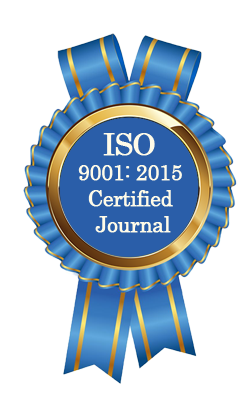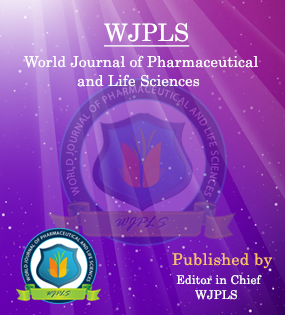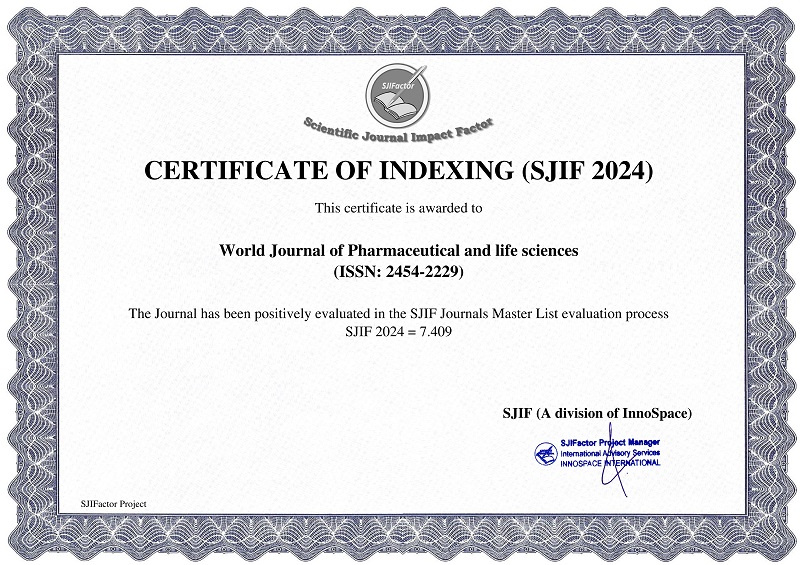Abstract
ROLE OF NUTRITION IN ALZHEIMER’S DISEASE: A REVIEW
Neerja Masih*
ABSTRACT
There has been an increase in prevalence of chronic diseases in elderly population. Alzheimer’s disease (AD) is the most common disease of the ageing population and it is estimated to affect 66 million people by 2030 worldwide. It has an estimated economic burden of $305 billion already. It is manifested in the form of dementia and progressive neurodegenerative disease. It is characterised by a progressive deterioration of memory, planning, problem solving, sense of orientation and cognitive function which can result in premature death. As of now there is no effective prevention method nor cure for dementia, therefore more attention is paid to the prevention of this group of diseases through the appropriate diet. An Alzheimer brain synapses are characterised by reduced levels of synaptic proteins and membrane phosphatides. Brain membrane phosphatides dietary precursors are poly unsaturated fatty acids (PUFA), uridyl monophosphate (UMP) and choline. Nutritional intervention given before the onset of the first symptoms of memory loss gives the best results when the number of synapses, cognition, and neuropathological changes in the nervous system compensates with the nutritional status. This delays the symptoms and increases the chances of staying healthy for a longer period of time. It has been proven that dietary habits, which lead to the development of cardiovascular and metabolic diseases, significantly increase the risk of dementia. A diet which promotes the progression of dementia should be avoided viz high carbohydrate diet. On the other hand, a Mediterranean diet rich in antioxidants, fibre, xanthophyll, carotenoids and omega-3 polyunsaturated fatty acids may have a protective effect on the neurodegenerative process. The positive effect of many nutrients on the course of AD is through minimising oxidative damage and inflammation and it has been demonstrated. These include antioxidants like glutathione, coenzymes like coenzyme Q10, vitamins B6, B12, folic acid, unsaturated fatty acids, lecithin, polyphenols, caffeine and some probiotic bacteria. The Mediterranean and DASH diets have been documented to protect against AD. It also opens scope of developing different diets to help prevention of this disease decreasing its burden.
[Full Text Article] [Download Certificate]WJPLS CITATION 
| All | Since 2020 | |
| Citation | 590 | 424 |
| h-index | 12 | 10 |
| i10-index | 17 | 14 |
INDEXING
NEWS & UPDATION
BEST ARTICLE AWARDS
World Journal of Pharmaceutical and life sciences is giving Best Article Award in every Issue for Best Article and Issue Certificate of Appreciation to the Authors to promote research activity of scholar.
Best Article of current issue
Download Article : Click here





